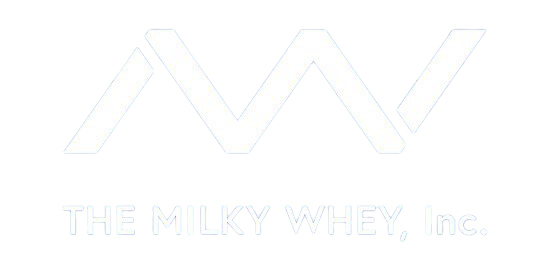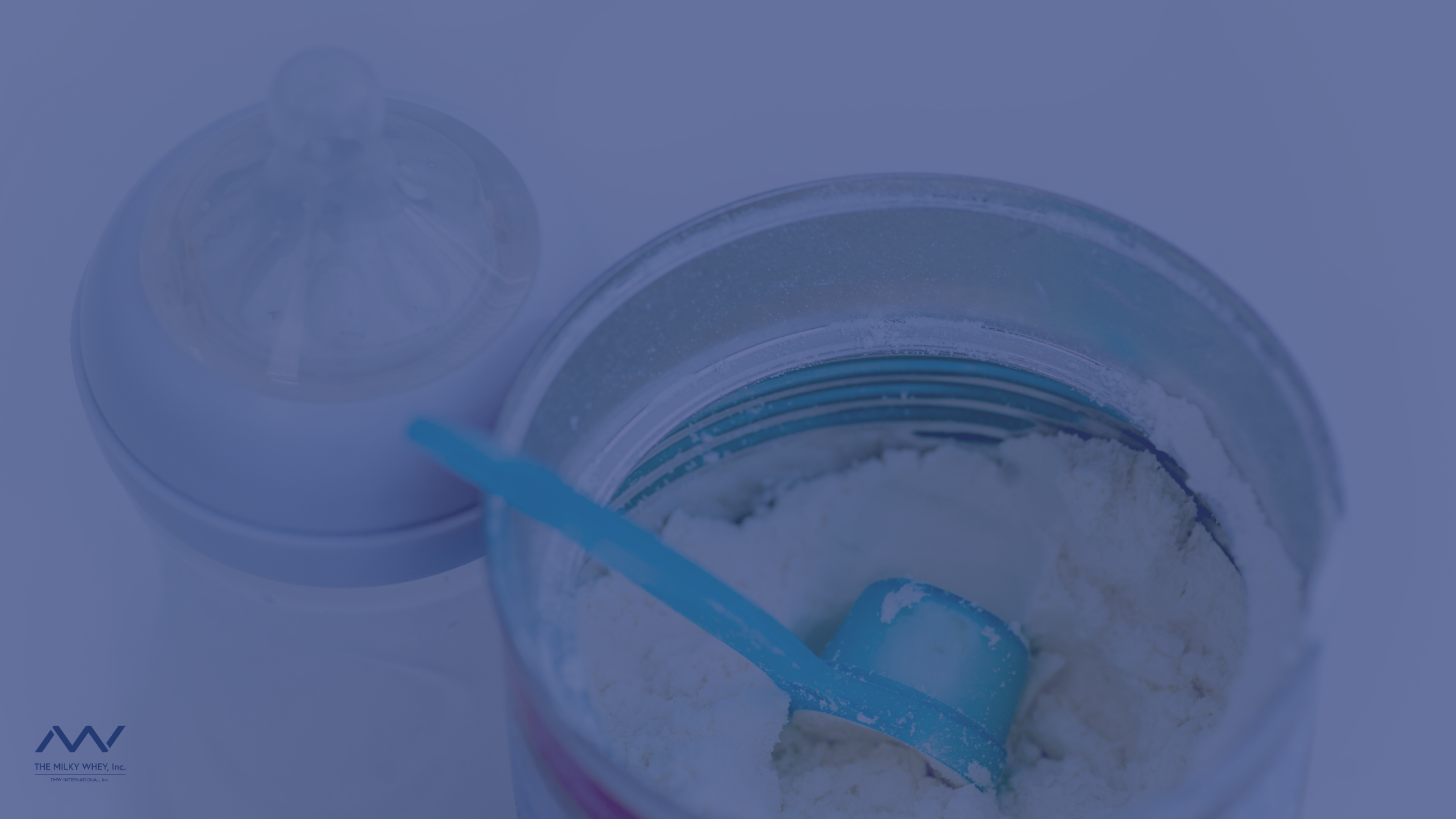In today’s sports nutrition landscape, performance is no longer measured by grams of protein alone. Product developers and consumers alike now prioritize bioavailability, digestibility, and clean-label compatibility. For brands looking to meet these evolving demands, Goat Milk Protein Concentrate (Goat MPC) is gaining serious ground as a high-performance alternative to bovine and plant-based proteins.
Goat MPC provides a complete amino acid profile, enhanced digestive comfort, and multifunctional nutritional value. It supports not only muscle repair and energy metabolism but also aligns with clean-label trends, low-allergen formulating, and sustainable sourcing. In short, Goat MPC is more than just a protein. It is a new benchmark in performance nutrition.
Nutritional Advantages That Go Beyond the Basics
Goat MPC offers a robust amino acid profile, including all nine essential amino acids (EAAs) required for protein synthesis and tissue repair. Its bioavailability and functional digestibility make it especially effective for high-performance applications.
Key nutritional advantages include:
- Lower αs1-casein levels compared to cow’s milk, reducing allergenicity and inflammation risk (Haenlein, 2004)
- Concentrated protein levels of 60% to 80% achieved via ultrafiltration, which also reduces lactose and fat content
- Higher concentrations of medium-chain triglycerides (MCTs) such as caprylic and capric acid, which are metabolized quickly for energy (Rasheed and Wannamethee, 2000)
- Naturally occurring bioavailable calcium, phosphorus, and potassium
This combination gives Goat MPC the ability to support muscle development, reduce digestive complaints, and deliver consistent nutritional outcomes across a broad consumer base.

Performance Benefits You Can Feel
Goat MPC addresses some of the most persistent consumer complaints about traditional proteins, especially around digestion and energy retention.
- Goat milk proteins are more efficiently digested than cow milk proteins, as demonstrated in a comparative study on gastric emptying and amino acid absorption (Alférez et al., 2001)
- The lactose content in Goat MPC is significantly lower than in whole goat milk, especially in high-protein formats like MPC 80, which contains less than 1.5% fat and correspondingly low carbohydrate content
- MCTs provide rapid, sustained energy without requiring carbohydrate dependency, making them ideal for endurance athletes and ketogenic consumers (Rasheed and Wannamethee, 2000)
Whether used in pre-workout formulas for clean energy or in recovery blends for muscle restoration, Goat MPC is well-suited to the needs of active consumers.
How Goat MPC Compares to Other Proteins
Goat MPC offers a compelling alternative to both bovine whey and plant-based proteins. While whey protein is widely used, it often includes high lactose content and casein variants associated with digestive issues. Meanwhile, many plant proteins suffer from incomplete amino acid profiles and reduced absorption rates.
In contrast, Goat MPC provides:
- Complete amino acid coverage, comparable to whey, but with greater tolerability when compared to bovine sources
- Superior digestibility, leading to fewer complaints of bloating or gastrointestinal discomfort (Alférez et al., 2001)
- Multifunctional bioactives, including MCTs and oligosaccharides, that are largely absent in most plant proteins
- Lower allergenic potential, thanks to reduced αs1-casein (Haenlein, 2004)
A comparative evaluation by Bevilacqua et al. (2001) showed that goat milk yields faster gastric emptying and more efficient protein utilization than cow milk. These physiological advantages translate into real formulation value for sports nutrition brands.

Functional Benefits Beyond Protein
One of the most compelling attributes of Goat MPC is its multifunctionality. Beyond macronutrient content, it delivers prebiotic, anti-inflammatory, and immunomodulatory benefits, a growing area of interest in the performance nutrition space.
- Goat milk contains naturally occurring oligosaccharides that promote the growth of beneficial gut bacteria, supporting digestive health and immune function (Martín et al., 2003)
- Bioactive peptides released during digestion have been shown to exhibit anti-inflammatory activity, particularly relevant to post-exercise recovery and joint support (Korhonen and Pihlanto, 2006)
This positions Goat MPC not just as a building block for muscle, but as a holistic solution supporting performance, endurance, and systemic recovery.
Formulation Flexibility Across Delivery Formats
Goat MPC performs well across a wide range of sports nutrition delivery systems. Whether your product is designed for convenience, endurance, or sustained release, Goat MPC can help achieve optimal sensory and functional performance.
Compatible applications include:
- Powdered protein supplements and shake mixes
- Ready-to-drink (RTD) beverages
- High-protein snack bars and bites
- Hydration and protein blends
- Post-workout recovery formulations
While most goat proteins currently available are non-instantized, agglomerated or instant formats can be made available depending on your application and scale. For early-stage brands or small-volume runs, non-instant formats are more commonly accessible.

What to Look for When Sourcing Goat MPC
When sourcing Goat MPC for sports formulations, consider the following:
- Protein content: Options typically range from 55% to 80% on a dry basis. Higher protein concentrations contain less lactose, which may be preferable for keto or sensitive consumer groups
- Lactose levels: These decrease as protein concentration increases. Evaluate based on your target audience.
- Solubility: Instantized formats are available but not as common; they may require higher minimum orders. Non-instant is the standard format for most available supply.
- Microbial safety: The Goat MPC supplied by The Milky Whey meets food safety standards consistent with typical dairy requirements
- Certifications: Products are manufactured in FSSC 22000-certified facilities and are tested for pathogens such as Salmonella, Listeria, and Staphylococcus aureus
Sustainability and Responsible Sourcing
Goat MPC has a lighter environmental footprint than many traditional dairy sources. Goats generally require less land, water, and feed than cattle (Gerber et al., 2013), and they produce less methane per animal. While we cannot make specific claims about all production practices, many of our European supply partners implement responsible land use and year-round fresh milk programs supported by contracted goat farmers.
For more on sustainable practices from our sourcing network, visit:
Goat MPC Enables Strategic Product Innovation
Goat MPC is not just a replacement for other proteins. It is an ingredient that expands formulation possibilities. It enables the creation of:
- Recovery blends that support inflammation reduction and gut health
- Endurance supplements with clean fat and amino acids for sustained performance
- Minimalist, clean-label formulations with single-source functionality
- Crossover products targeting both physical performance and whole-body wellness
Its unique combination of protein, functional lipids, and gut-supportive components supports the next generation of performance products. These products go beyond calories to deliver true physiological benefit.
Build Your Next-Gen Formulation with Us
At The Milky Whey, we partner with brands that understand success is built on more than a strong label. It is built on reliable, high-performing ingredients that meet real-world demands.
Want to learn more about Goat MPC and how it can support your next product launch? Visit our Goat Milk Protein Powders page or head to our contact page to get in touch.
Let us bring the next generation of sports nutrition to market. Together.



